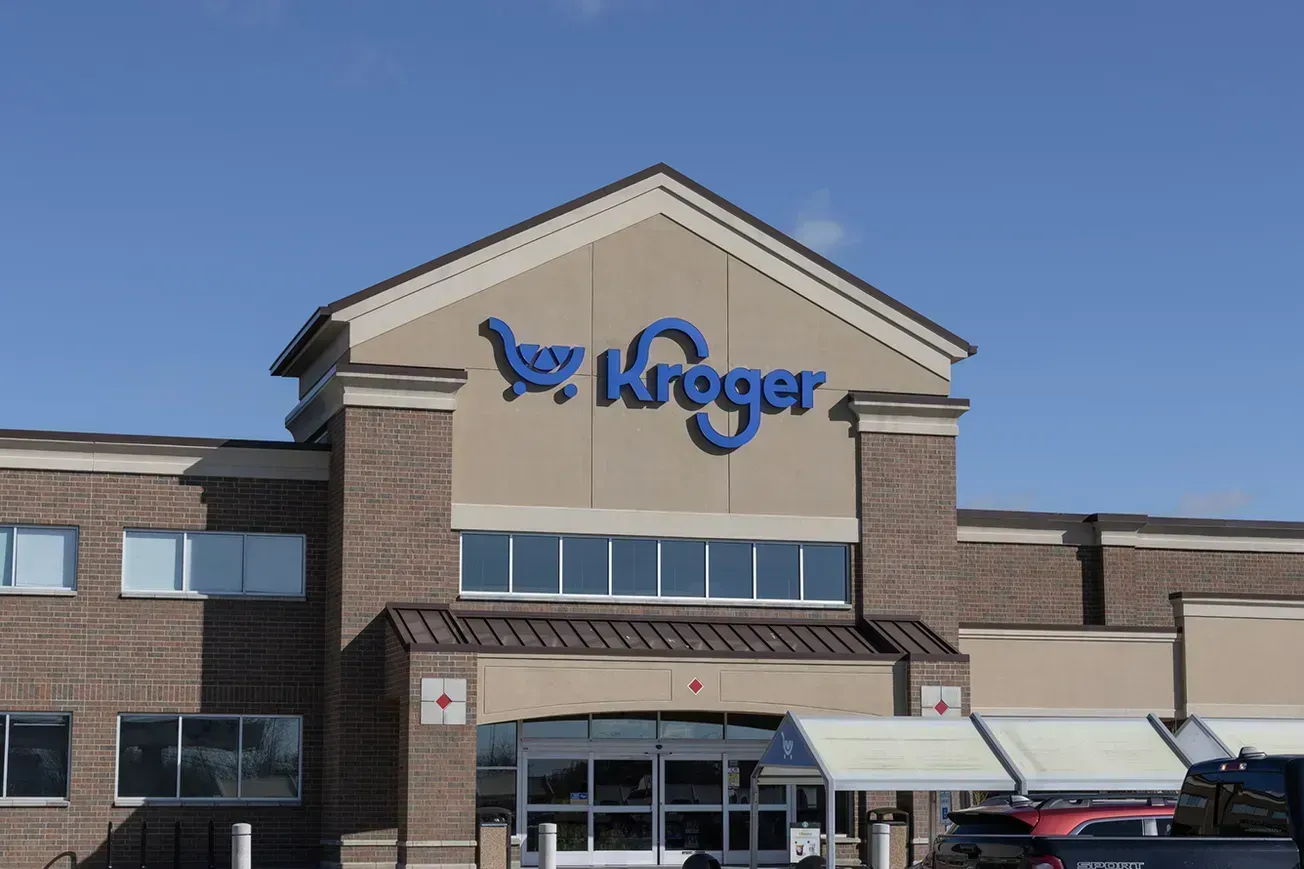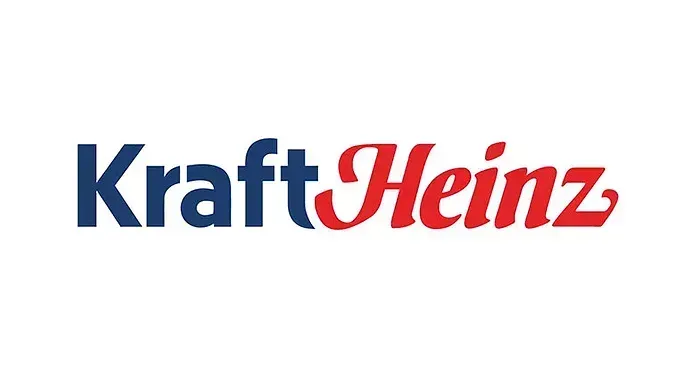GRAPEVINE, Texas — Shoplifting and other retail crime has become a topic of concern for consumers as well as retailers themselves, according to a recent survey conducted for the National Retail Federation (NRF).
More than half (53%) of consumers believe retail crimes such as shoplifting and looting stores have increased in their community since the onset of the pandemic, according to the survey, which found that this number goes up to 57% for consumers who live in suburban areas.
Other key findings in the survey include:
• Nearly two-thirds (64%) of consumers are concerned about gang-led shoplifting in their community. This goes up to 75% among consumers who live in urban communities.
• Three-quarters (75%) of consumers have personally shopped in stores where products were kept in locked cabinets to avoid theft.
• 79% of consumers believe retail theft impacts the price of goods that they buy.
NRF president and chief executive officer Matt Shea discussed the subject of retail crime with Walmart U.S. president and CEO John Furner, NRF’s current chairman, at the recent NRF Protect conference here.
Shay noted that NRF, working with the global risk advisory firm K2 Integrity, has determined that organized retail crime cost the industry $95 billion in 2022, up from $90 billion in 2021. Consumers are being affected too, as stores close, or lock merchandise up behind protective shields, or raise their prices to reflect their losses. Another concern has been the growing aggression and violence associated with ORC (organized retail crime) gangs, which raises safety concerns for retail workers and shoppers.
Furner agreed that ORC has surged in the past three or four years, and that partnerships and coalitions involving retailers, law enforcement, legislators and prosecutors will be critical to finding a solution.
He also urged retailers to share relevant data with one another.
“The data can be an effective tool for combatting the issues that we face,” Furner said. “I’d encourage everyone here to think about how we can work together and share data, and find a way to get ahead of this problem.”
He acknowledged that it can be hard for a retailer to imagine sharing any kind of information with someone they would normally consider a competitor. “But this is not something we would want to ever consider, in this industry, a competitive advantage.”
Furner said that NRF member companies are facing hard decisions about locking up their inventory and closing store locations because of concerns about losses or safety.
The problem affects retail companies individually, but Furner and Shay argued that the solution will come from the industry as a whole working together.





